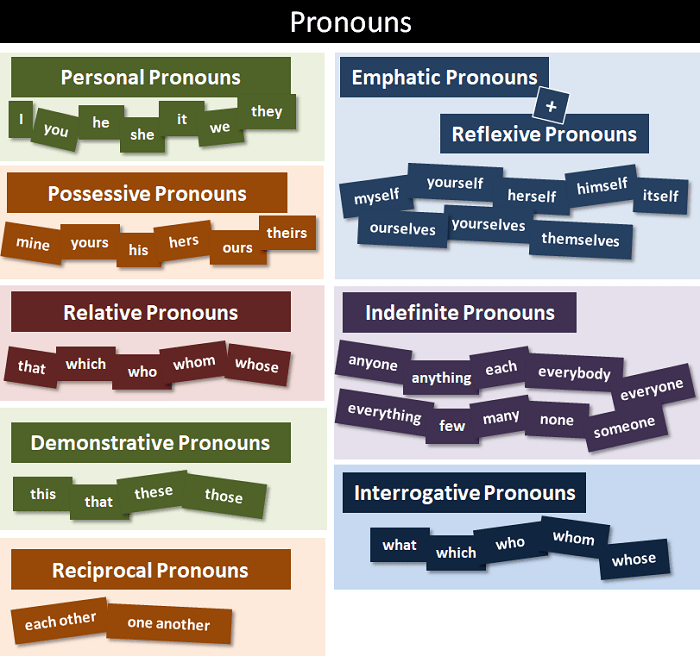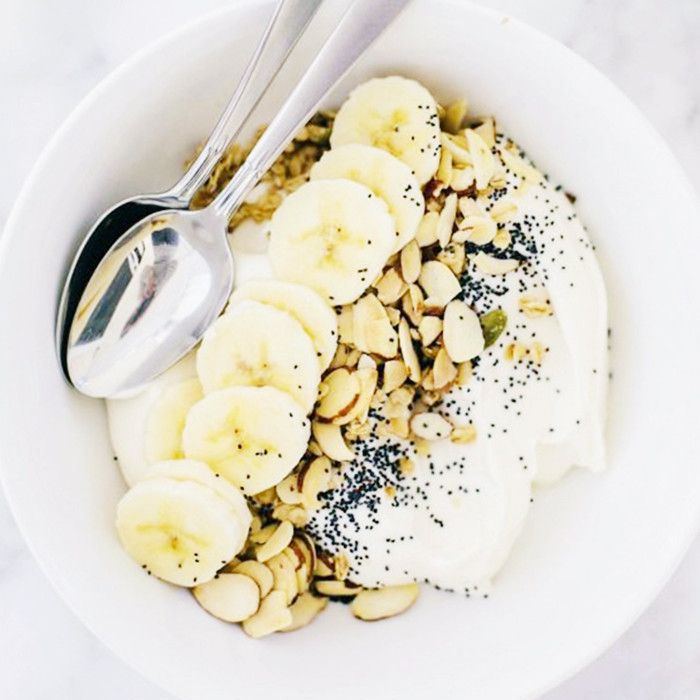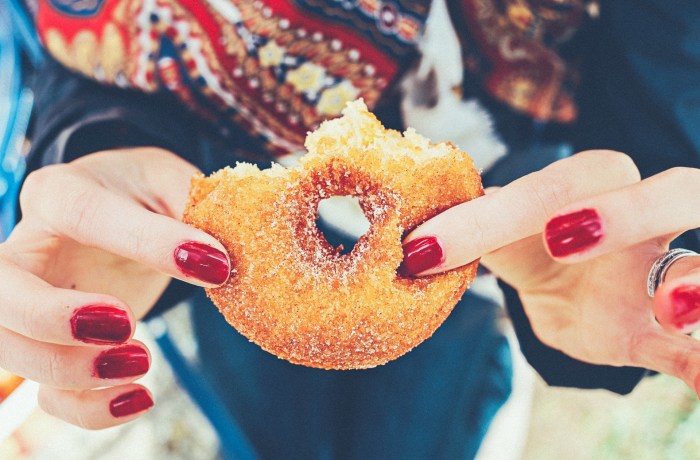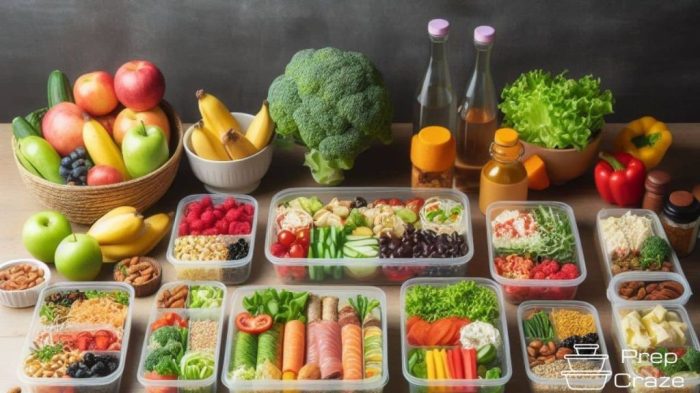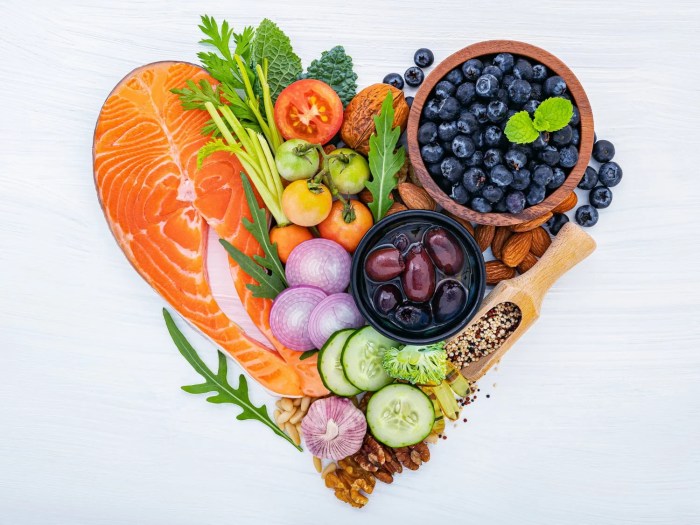Healthy late night snacks – Healthy late-night snacks: Tired of midnight cravings leading to unhealthy choices? This guide explores delicious and nutritious options, considering timing, portion control, and dietary needs. We’ll delve into the science behind snacking, avoiding pitfalls, and discover how the right choices can improve your sleep and overall well-being.
From protein-packed powerhouses to fiber-rich fruits, we’ll uncover a world of satisfying and healthy late-night snacking. Discover simple recipes and smart strategies for making smart choices, even when hunger strikes after dinner.
Healthy Late-Night Snack Options
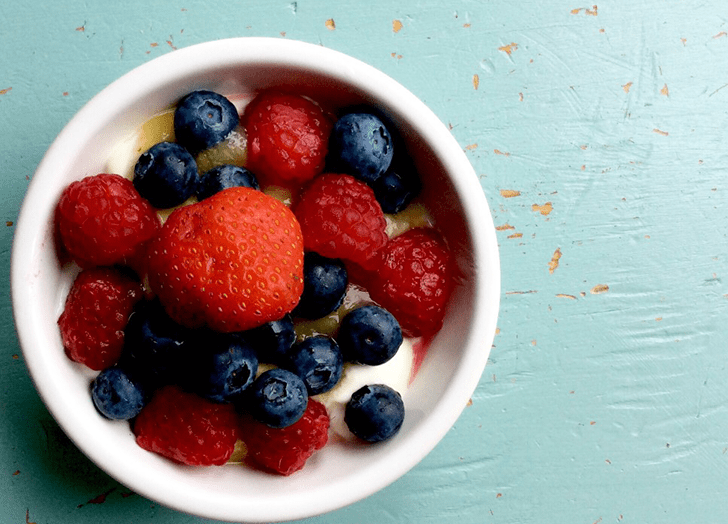
Late-night cravings are a common occurrence, but they don’t have to derail your healthy eating habits. Choosing the right snack can satisfy your hunger while supporting your overall well-being. This article explores a variety of healthy late-night snack options, categorized by food type, and details their nutritional benefits, helping you make informed choices.
Healthy Late-Night Snack Ideas
Late-night snacking can be managed effectively by opting for nutrient-rich foods. These choices provide sustained energy without contributing to excess calories or hindering sleep. Prioritizing whole foods over processed options is crucial for maintaining healthy eating habits.
- Protein-Rich Snacks: Protein-rich snacks are excellent for promoting satiety and preventing late-night cravings. They help maintain stable blood sugar levels, crucial for restful sleep. Examples include Greek yogurt, cottage cheese, or a handful of almonds.
- Fruit-Based Options: Fruits are a natural source of vitamins, minerals, and fiber. A small portion of berries, a banana, or an apple can satisfy your sweet cravings and provide essential nutrients. The natural sugars in fruit are absorbed more gradually, providing sustained energy without blood sugar spikes.
- Vegetable-Based Choices: Vegetables offer a low-calorie, high-fiber snack option. Carrots with hummus, cucumber slices with avocado, or bell peppers with a light vinaigrette can be satisfying and contribute to your daily intake of vitamins and minerals.
- Whole-Grain Snacks: Whole-grain crackers or a small bowl of whole-grain cereal can provide complex carbohydrates, fiber, and essential nutrients, promoting satiety and preventing blood sugar crashes. These choices offer a good balance of nutrients for a satisfying snack.
- Dairy Alternatives: Low-fat dairy alternatives like plain, unsweetened almond milk or a small serving of cottage cheese offer a good source of protein and calcium. These alternatives can be part of a healthy late-night snack routine, aiding in the maintenance of bone health.
Nutritional Benefits of Snack Options
Each of these snack options offers unique nutritional advantages. Understanding the nutritional composition is key to making informed choices that support your health goals.
- Protein: Protein is essential for building and repairing tissues. It promotes satiety, which can help prevent overeating later in the evening. Greek yogurt and cottage cheese are excellent sources of protein, while almonds and other nuts contribute significantly to protein intake.
- Fiber: Fiber aids in digestion and promotes regularity. Fruits and vegetables are excellent sources of fiber, helping to regulate blood sugar levels and contributing to a feeling of fullness. Whole grains also provide substantial amounts of fiber.
- Vitamins and Minerals: Fruits, vegetables, and dairy products offer a wide range of vitamins and minerals. These nutrients are crucial for various bodily functions and contribute to overall health. Specific vitamins and minerals vary based on the food choice.
Comparative Nutritional Breakdown
This table compares the calorie and macronutrient content of the various snack options. This information can be useful for tailoring your snack choices to specific dietary needs.
| Snack | Calories | Protein (g) | Carbs (g) |
|---|---|---|---|
| Greek Yogurt (1 cup) | 150 | 15 | 10 |
| Almonds (1/4 cup) | 160 | 6 | 10 |
| Banana | 105 | 1 | 27 |
| Carrots (1 cup) | 50 | 1 | 10 |
| Whole-grain crackers (3) | 120 | 3 | 20 |
Considerations for Late-Night Snacking
Late-night cravings are a common experience, but choosing the right snack can significantly impact your sleep and overall health. Understanding the timing, portion size, and type of carbohydrate can make a world of difference in how you feel the next morning. This section dives into the crucial factors to consider when satisfying those late-night hunger pangs.Knowing how your body reacts to food, especially at night, is essential.
A well-timed snack can prevent a midnight hunger attack that disrupts sleep, while an unwise choice can leave you feeling sluggish and groggy the next day.
Timing of Snacks Relative to Bedtime
The time you consume a late-night snack is critical. Consuming a large meal or snack too close to bedtime can interfere with digestion and lead to sleep disturbances. Your body needs time to process food before you attempt to sleep. Aim to eat your snack at least a couple of hours before you plan to go to bed.
This allows your body to process the food properly and promotes better sleep quality. For example, if you typically go to bed at 11 PM, a late-night snack should be consumed no later than 9 PM.
Portion Size and Blood Sugar Levels
Portion sizes play a critical role in maintaining stable blood sugar levels throughout the night. Large portions can lead to a rapid spike in blood sugar, followed by a crash, potentially disrupting your sleep cycle and leaving you feeling tired in the morning. Conversely, a small, well-chosen snack can provide sustained energy without the blood sugar fluctuations. A balanced snack with a combination of protein and healthy fats can help regulate blood sugar levels.
Effects of Carbohydrates on Sleep Quality, Healthy late night snacks
Different types of carbohydrates have varying effects on sleep quality. Simple carbohydrates, like those found in sugary snacks, tend to cause a rapid spike in blood sugar and subsequent crash, often leading to interrupted sleep. Complex carbohydrates, on the other hand, provide sustained energy release, potentially promoting better sleep. Choose complex carbohydrates like whole-grain crackers or a small portion of brown rice over simple carbohydrates like white bread or sugary desserts.
Common Late-Night Snack Mistakes to Avoid
To ensure a restful night’s sleep and avoid negative impacts on your health, it’s important to be mindful of certain late-night snacking habits.
- Skipping dinner and eating a large snack close to bedtime: This can lead to digestive issues and hinder sleep quality. Instead, aim for a balanced dinner with a healthy portion size.
- Consuming sugary snacks: Sugary snacks cause a rapid increase in blood sugar, followed by a crash, which can lead to wakefulness and disrupt sleep. Opt for snacks with lower sugar content.
- Eating large portions: Large portions can lead to digestive discomfort and prevent restful sleep. Smaller portions are preferable.
- Choosing processed snacks: Processed snacks are often high in unhealthy fats and sodium, which can negatively impact sleep and overall health. Select snacks that are minimally processed and packed with nutrients.
- Ignoring hunger cues: If you’re truly hungry, addressing the hunger promptly is crucial. A late-night snack can prevent sleep disruption and help you feel more satisfied in the morning. But, be mindful of portion sizes and the types of foods consumed.
Snack Preparation and Portion Control
Late-night cravings can often lead to unhealthy choices. However, preparing and portioning your snacks strategically can make a significant difference in maintaining a healthy lifestyle. By understanding simple preparation methods and portion control, you can enjoy satisfying snacks without compromising your health goals.Proper snack preparation and portion control are crucial for managing calorie intake and preventing overeating, especially when hunger strikes late at night.
These techniques empower you to make mindful choices that support your overall well-being.
Simple and Quick Preparation Methods
Preparing healthy late-night snacks doesn’t require extensive cooking or complicated recipes. Focus on readily available ingredients and quick preparation methods. Pre-portioned snacks like pre-cut vegetables with hummus or a small container of Greek yogurt with berries are excellent examples of easy-to-grab options. Using pre-cooked grains like quinoa or brown rice can also form the basis of quick and healthy snacks.
Portion Control Tips
Portion control is paramount to maintaining a healthy diet. Understanding portion sizes and snack frequency is key. It’s tempting to overeat when hunger is intense, especially late at night. However, by adhering to recommended portion sizes and avoiding frequent snacking, you can effectively manage your calorie intake and prevent unnecessary weight gain. Consistency in portion sizes across different snack types helps you stay on track.
Portion Size and Frequency
Maintaining a healthy balance between hunger satisfaction and calorie control is crucial. Small, frequent snacks can sometimes lead to overconsumption, while large portions can leave you feeling sluggish and unsatisfied. Aim for moderate portion sizes and frequency. Listen to your body’s signals, eating when truly hungry, and not simply because it’s a set time or because you are bored.
Example Portion Sizes
The following table provides a general guideline for portion sizes. Remember these are just suggestions, and individual needs may vary. Consult with a healthcare professional or registered dietitian for personalized recommendations.
| Snack | Small Portion (approx. 100-150 calories) | Medium Portion (approx. 200-250 calories) | Large Portion (approx. 300+ calories) |
|---|---|---|---|
| Greek Yogurt with Berries | 1 cup plain Greek yogurt, ½ cup mixed berries | 1.5 cups plain Greek yogurt, ¾ cup mixed berries | 2 cups plain Greek yogurt, 1 cup mixed berries |
| Hard-boiled Eggs | 1 egg | 2 eggs | 3 eggs |
| Celery Sticks with Peanut Butter | 3-4 celery sticks, 1 tbsp peanut butter | 5-6 celery sticks, 2 tbsp peanut butter | 7+ celery sticks, 3 tbsp peanut butter |
| Air-Popped Popcorn | ½ cup | 1 cup | 1.5 cups |
Addressing Specific Dietary Needs
Late-night snacking, while sometimes unavoidable, can be easily adapted to accommodate various dietary needs and restrictions. Understanding these adaptations is crucial for maintaining a healthy and balanced lifestyle, even when your hunger strikes after dinner. By considering allergies, specific diets, and health conditions, you can create satisfying and nutritious late-night snacks that support your overall well-being.Dietary restrictions and health conditions necessitate adjustments to both the ingredients and portion sizes of late-night snacks.
This section details how to modify late-night snack ideas for individuals with various needs, ensuring they can enjoy satisfying and healthy options without compromising their dietary requirements or health goals.
Adapting for Allergies and Dietary Restrictions
Understanding common allergies and dietary restrictions is essential for creating safe and suitable late-night snacks. This includes identifying potential cross-contamination risks and using appropriate substitutes.
Looking for healthy late-night snacks? It’s important to be mindful of what you eat, as some foods can actually interfere with your sleep. For example, certain foods can lead to a restless night, keeping you up later than you’d like. Check out this list of foods that keep you awake at night to learn more about potential sleep disruptors foods that keep you awake at night.
Instead, opt for snacks like a small bowl of yogurt with berries, or a handful of almonds for a satisfying and sleep-friendly option.
- Vegan Options: Many late-night snack options can be easily adapted for vegan diets. For example, hummus with carrot sticks, a handful of mixed nuts, or a small bowl of fruit salad are great choices. Ensure any added ingredients, like sauces or dressings, are vegan-friendly. This involves checking labels carefully for hidden dairy or animal products.
- Gluten-Free Options: When selecting gluten-free snacks, opt for options that are naturally gluten-free, such as fruits, vegetables, or rice cakes with nut butter. Be mindful of cross-contamination during preparation, as gluten can easily transfer from other foods. Always double-check ingredient labels for hidden gluten.
- Dairy-Free Options: Numerous dairy-free alternatives exist for late-night snacks. Greek yogurt can be swapped with dairy-free alternatives like coconut yogurt or almond yogurt. Similarly, milk can be replaced with plant-based milk options like almond, soy, or oat milk in recipes.
Adjusting Portion Sizes for Specific Health Conditions
For individuals with specific health conditions like diabetes or heart disease, portion control is crucial for managing blood sugar levels and maintaining heart health. Portion sizes need to be adjusted based on individual needs and medical advice.
- Diabetes: Individuals with diabetes should carefully monitor the glycemic index of their late-night snacks. Low-glycemic options, such as a small portion of berries with a handful of almonds, are often preferred. It’s vital to consult with a registered dietitian or diabetes educator for personalized recommendations. They can help create a meal plan that accommodates specific blood sugar targets.
- Heart Disease: Individuals with heart disease should prioritize snacks that are low in saturated and trans fats. Fruits, vegetables, and lean protein sources, in moderate portions, can be incorporated into their late-night snacking routine. For example, a small serving of grilled chicken breast with steamed broccoli is a heart-healthy choice. Always discuss specific dietary needs with a cardiologist or registered dietitian.
Ingredient Substitutions
Using suitable substitutes for common ingredients can ensure that individuals with specific dietary needs can still enjoy a satisfying late-night snack.
| Original Ingredient | Vegan/Gluten-Free/Dairy-Free Substitute |
|---|---|
| Milk | Almond milk, Soy milk, Oat milk |
| Yogurt | Coconut yogurt, Almond yogurt, Tofu |
| Cheese | Vegan cheese, Nutritional yeast |
| Wheat bread | Gluten-free bread, Rice cakes |
Avoiding Unhealthy Late-Night Snacking Habits
Late-night snacking is a common habit, but it can often lead to unwanted weight gain and negatively impact overall health. Understanding the reasons behind this and developing strategies to curb unhealthy cravings is crucial for maintaining a healthy lifestyle. This section will explore the detrimental effects of late-night snacking and offer practical tips to break the cycle.Late-night snacking frequently contributes to weight gain due to a combination of factors.
Firstly, the body’s metabolic rate slows down during sleep. When food is consumed close to bedtime, the body may not fully process the calories before the metabolic slowdown, potentially leading to fat storage. Secondly, late-night snacking often involves less mindful choices. We may reach for readily available, high-calorie options like processed foods, sugary drinks, or unhealthy fats, rather than nutrient-rich, healthy choices.
This contributes to an imbalance in calorie intake and expenditure.
Late-Night Snacking and Weight Gain
Late-night snacking frequently results in increased calorie intake without a corresponding increase in energy expenditure. The body’s reduced metabolic activity during sleep, combined with the extra calories consumed, can lead to a greater accumulation of stored fat. Consequently, this pattern of late-night snacking over time can significantly contribute to weight gain. For example, a consistent habit of consuming a high-calorie snack before bed can lead to an average increase of 100-200 calories per night, compounding over time.
Connection Between Late-Night Snacking and Sleep Quality
The relationship between late-night snacking and sleep quality is often underestimated. Certain foods and drinks consumed before bed can negatively impact sleep patterns. Sugary snacks or caffeine-containing beverages, for instance, can stimulate the nervous system, making it harder to fall asleep or leading to interrupted sleep. This disruption of sleep quality, in turn, can further contribute to weight gain and other health problems.
Studies have shown a correlation between poor sleep and increased cravings for unhealthy foods.
Strategies for Reducing Late-Night Cravings
Developing healthy habits to manage late-night cravings is essential for long-term success. A proactive approach is crucial.
- Establish a Consistent Bedtime Routine: A regular sleep schedule helps regulate the body’s natural sleep-wake cycle, reducing the likelihood of late-night cravings. Consistency signals to the body that it’s time to wind down, promoting relaxation and reducing the urge to snack.
- Plan and Prepare Healthy Snacks Ahead: Having healthy snacks readily available can prevent impulsive choices when hunger strikes. If you know you might be hungry later, prep some fruit, vegetables with hummus, or a small portion of protein-rich yogurt. This can help to satisfy cravings in a healthy way.
- Hydration is Key: Sometimes, thirst is mistaken for hunger. Drinking a glass of water before bed can often alleviate the urge to snack. Water can help to regulate your appetite and encourage fullness, helping to prevent late-night cravings.
- Address Underlying Issues: If late-night snacking is a response to stress or boredom, explore strategies to manage these underlying issues. Engage in relaxing activities before bed, such as reading or taking a warm bath, to reduce stress and anxiety. Mindfulness and meditation techniques can also be beneficial in managing stress and controlling cravings.
Late-Night Snack Recipes
Late-night cravings are a common experience, but satisfying them with healthy options can be challenging. This section provides delicious and nutritious recipes to help you fuel your body while maintaining a healthy lifestyle. Choosing the right ingredients and portion sizes are crucial for managing cravings and avoiding unnecessary calorie intake.These recipes are designed to be quick and easy to prepare, making them perfect for those late-night moments when hunger strikes.
The recipes are also designed to be adaptable to your individual dietary needs and preferences.
Quick and Easy Greek Yogurt Parfait
This recipe is a simple and satisfying way to enjoy a protein-packed snack before bed. Greek yogurt provides a good source of protein and calcium, helping you feel full and satisfied. The addition of fruit provides natural sugars and essential vitamins and minerals.
Craving a late-night snack? Choosing healthy options can actually impact your emotional well-being. Think about how managing your emotions effectively, like in 10 reasons why emotionally intelligent people are more likely successful , can lead to better decision-making, even when you’re reaching for a midnight treat. So, next time you’re tempted, opt for a handful of almonds or a small bowl of Greek yogurt for a satisfying and nutritious late-night snack.
- Ingredients: 1 cup plain Greek yogurt (nonfat or low-fat), ½ cup mixed berries (strawberries, blueberries, raspberries), ½ cup granola (choose a variety with minimal added sugar), a drizzle of honey or maple syrup (optional).
- Preparation Steps: Layer the ingredients in a glass or bowl. Start with a layer of Greek yogurt, followed by a layer of berries, and then a sprinkle of granola. Repeat layers as desired. If using honey or maple syrup, drizzle it over the parfait before serving.
- Cooking Time: 5 minutes (preparation time only).
- Nutritional Value: Greek yogurt is rich in protein and calcium, crucial for maintaining bone health. Berries are packed with antioxidants, vitamins, and minerals. Granola provides complex carbohydrates for sustained energy.
Roasted Chickpea Snack with Herbs
Roasted chickpeas offer a satisfying crunch and are a good source of protein and fiber. The addition of herbs enhances the flavor and provides additional nutrients.
Craving a late-night snack? Choosing healthy options can be tricky, especially when you’re feeling burnt out. It’s like needing a boost when you’re almost giving up, and you can find some useful tips on how to stay motivated in 6 ways keep yourself going when you’re almost ready quit. Greek yogurt with berries or a handful of almonds are great options to keep you satisfied and energized without derailing your healthy eating habits.
These snacks can help fuel your body and mind when you need that extra push.
- Ingredients: 1 cup chickpeas, 1 tablespoon olive oil, 1 teaspoon paprika, ½ teaspoon garlic powder, ½ teaspoon onion powder, ½ teaspoon dried oregano, salt and pepper to taste.
- Preparation Steps: Preheat oven to 400°F (200°C). Rinse and dry chickpeas. Toss chickpeas with olive oil, paprika, garlic powder, onion powder, oregano, salt, and pepper. Spread chickpeas in a single layer on a baking sheet. Roast for 20-25 minutes, stirring halfway through, until crispy.
Cool completely before eating.
- Cooking Time: 20-25 minutes.
- Nutritional Value: Chickpeas are a good source of protein, fiber, and iron. Olive oil provides healthy fats. Herbs add flavor and various vitamins and minerals.
Vegetable and Hummus Platter
This platter offers a delightful combination of crunchy vegetables and creamy hummus. It’s a great way to satisfy hunger with a variety of nutrients. The vibrant colors and flavors are visually appealing, adding to the enjoyment.
- Ingredients: 1 cup hummus (choose a variety with minimal added oil and sugar), assorted raw vegetables (carrots, celery, cucumber, bell peppers), whole-wheat pita bread (optional).
- Preparation Steps: Arrange the vegetables on a platter. Serve with a bowl of hummus. Whole-wheat pita bread can be used for dipping, if desired.
- Cooking Time: 5 minutes (preparation time only).
- Nutritional Value: Hummus is a good source of protein and fiber, while vegetables provide essential vitamins, minerals, and fiber. Whole-wheat pita bread provides complex carbohydrates.
Apple slices with Almond Butter
This simple snack combines the sweetness of apples with the healthy fats and protein of almond butter.
- Ingredients: 2 medium apples (such as Honeycrisp or Fuji), 2 tablespoons almond butter (natural, unsalted).
- Preparation Steps: Slice the apples into thin rounds. Spread a small amount of almond butter on each apple slice.
- Cooking Time: 5 minutes (preparation time only).
- Nutritional Value: Apples are a good source of fiber and vitamin C. Almond butter provides healthy fats, protein, and vitamin E.
Snacking and Sleep Quality
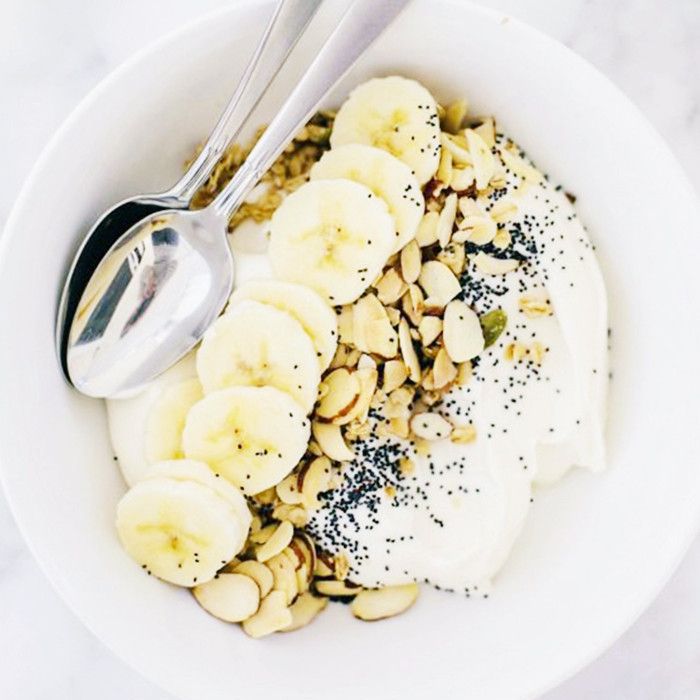
Late-night snacking is a common habit, but its impact on sleep quality is often overlooked. Choosing the right snack can significantly influence how well you sleep, while the wrong ones can disrupt your sleep cycle and leave you feeling tired the next day. Understanding the connection between food and sleep can help you make informed choices to improve your overall well-being.Choosing snacks that promote a good night’s rest is crucial for maintaining energy levels, cognitive function, and overall health.
Factors such as the time of consumption, the type of food, and portion size all play a role in how snacks affect sleep. Knowing the effects of different food groups and specific ingredients can guide you toward better sleep hygiene.
The Relationship Between Food Groups and Sleep
Different food groups have varying effects on your body’s physiological processes, influencing your sleep quality. Carbohydrates, for instance, can promote feelings of calmness and relaxation. However, consuming excessive amounts of carbohydrates late at night may lead to digestive discomfort, potentially interfering with sleep. Protein-rich snacks, on the other hand, can provide sustained energy and satiety, potentially reducing the likelihood of midnight cravings.
Furthermore, fats play a crucial role in hormone regulation and overall body function, but consuming large amounts of fat before bed can also lead to digestive issues. A balanced approach is vital for optimizing sleep.
The Impact of Sugar Intake on Sleep Cycles
Sugar intake, particularly in the form of refined sugars, significantly impacts sleep cycles. Consuming sugary snacks close to bedtime can lead to a surge in blood sugar levels, followed by a rapid drop. This fluctuation can disrupt the natural rhythm of your body’s sleep-wake cycle. The resulting energy crash and subsequent cravings can leave you tossing and turning throughout the night.
This can manifest in difficulty falling asleep, frequent awakenings, and feeling unrefreshed upon waking. For example, a large chocolate bar before bed may lead to a period of wakefulness and a less restorative sleep experience compared to a snack containing complex carbohydrates and protein.
How Late-Night Snacks Disrupt Sleep Patterns
Late-night snacking, regardless of the food group, can disrupt sleep patterns due to various factors. The digestive process requires energy and resources, diverting attention from the body’s natural sleep preparation. Digestive discomfort, bloating, or heartburn can cause discomfort, leading to sleep interruptions. Additionally, the stimulation provided by certain foods can also interfere with the body’s natural transition into sleep.
A heavy meal close to bedtime can also increase metabolism and core body temperature, making it harder to fall asleep. In contrast, light snacks that are easily digested are less likely to cause such disruptions.
Comparing Snack Options Based on Sleep Impact
Different snack options offer varying levels of impact on sleep quality. For instance, a small portion of Greek yogurt with berries can provide a good source of protein and antioxidants, promoting a more restful sleep. Similarly, a handful of almonds or a few slices of whole-wheat toast with avocado offer a balanced mix of nutrients that won’t disrupt your sleep cycle.
Conversely, processed snacks high in sugar or unhealthy fats should be avoided close to bedtime due to their potential for disrupting sleep. A clear understanding of the nutritional composition of different snacks can guide you toward better sleep hygiene.
Healthy Late-Night Snack Alternatives: Healthy Late Night Snacks
Late-night cravings are a common experience, but often these cravings lead to unhealthy choices. Understanding healthy alternatives to those midnight munchies is key to maintaining a balanced diet and a good night’s sleep. This section dives into practical options and highlights the benefits of choosing healthier alternatives over less nutritious choices.Choosing a healthy late-night snack isn’t about deprivation; it’s about mindful choices.
Understanding the nutritional difference between a quick and easy, but unhealthy, snack and a nutritious one can lead to a better overall health outcome.
Healthy Alternatives to Common Late-Night Snacks
Late-night snacking often involves easily accessible, yet unhealthy options. Substituting these with healthy alternatives can significantly improve your nutritional intake and promote better sleep quality. Here are some common swaps:
- Instead of chips or pretzels, opt for air-popped popcorn or a handful of almonds. Popcorn, particularly air-popped, is a whole-grain snack relatively low in calories, and almonds provide healthy fats and protein, keeping you feeling full and satisfied.
- Swap sugary cookies or candy for a small portion of Greek yogurt with berries. Greek yogurt is a good source of protein and calcium, while berries offer antioxidants and natural sweetness.
- Instead of a large slice of pizza, try a small bowl of oatmeal with fruit. Oatmeal is a complex carbohydrate that provides sustained energy, while fruit offers vitamins and fiber.
- Forgoing ice cream for a small serving of fruit salad with a drizzle of honey or a low-sugar, dairy-free yogurt alternative can be a better option.
Nutritional Comparison of Unhealthy and Healthy Alternatives
The following table highlights the nutritional differences between common unhealthy late-night snacks and their healthier counterparts.
| Unhealthy Snack | Healthy Alternative | Nutritional Comparison |
|---|---|---|
| Bag of potato chips | Handful of almonds | Chips are high in sodium and unhealthy fats, while almonds provide healthy fats, protein, and fiber. Almonds are a better choice for sustained energy. |
| Chocolate bar | Small bowl of berries with a sprinkle of nuts | Chocolate bars are high in sugar and unhealthy fats, while berries and nuts offer antioxidants, healthy fats, and fiber. This option is much lower in sugar and provides sustained energy. |
| Large pizza slice | Small bowl of oatmeal with fruit | Pizza slices are high in calories, sodium, and unhealthy fats, while oatmeal with fruit provides complex carbohydrates, fiber, and vitamins. This choice provides sustained energy and keeps you feeling full longer. |
| Ice cream | Small serving of fruit salad with a drizzle of honey | Ice cream is high in sugar and unhealthy fats, while fruit salad with a touch of honey offers natural sugars, vitamins, and fiber. This choice is a much healthier and more natural alternative. |
Benefits of Choosing Healthier Alternatives
Selecting healthier late-night snacks offers several advantages:
- Improved Sleep Quality: Avoidance of processed sugars and excessive fats can lead to better sleep. These healthier options typically lead to a more stable blood sugar level throughout the night, minimizing disruptions to your sleep cycle.
- Weight Management: Choosing healthier options can help in weight management efforts. These options are typically lower in calories and higher in nutrients, aiding in feeling full and satisfied without over-consuming calories.
- Sustained Energy: Nutritious snacks provide sustained energy throughout the night, preventing energy crashes that might lead to unhealthy cravings or midnight snacking.
- Reduced Risk of Chronic Diseases: Long-term consumption of healthy snacks can contribute to a reduced risk of chronic diseases. The nutrients found in these snacks play a vital role in overall health.
Final Thoughts
So, the next time you find yourself reaching for a late-night snack, remember the power of mindful choices. This guide provides a roadmap for navigating late-night hunger pangs with healthy options and strategies for portion control. Prioritize healthy snacks over processed foods, and enjoy the delicious journey to better sleep and a healthier you.
